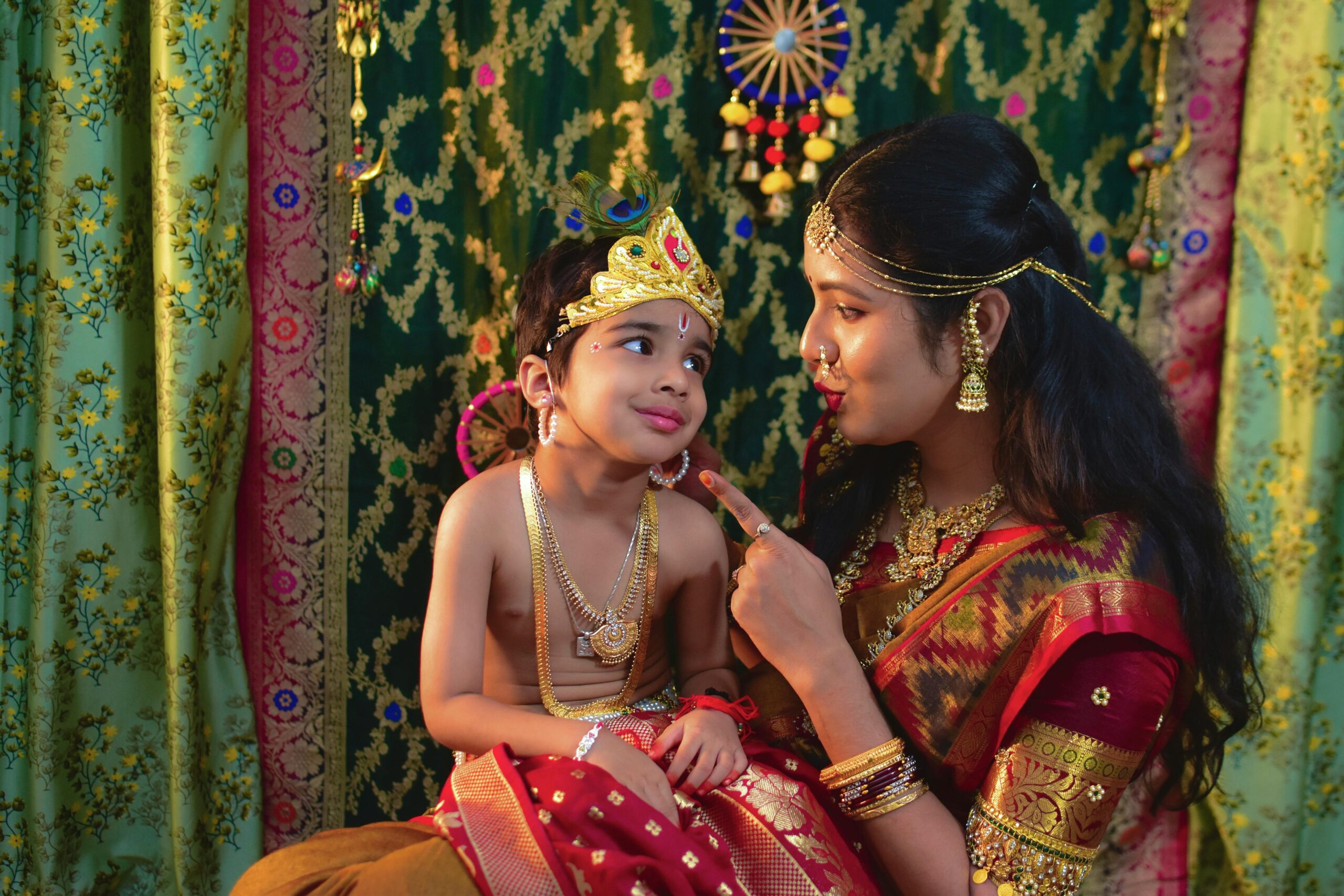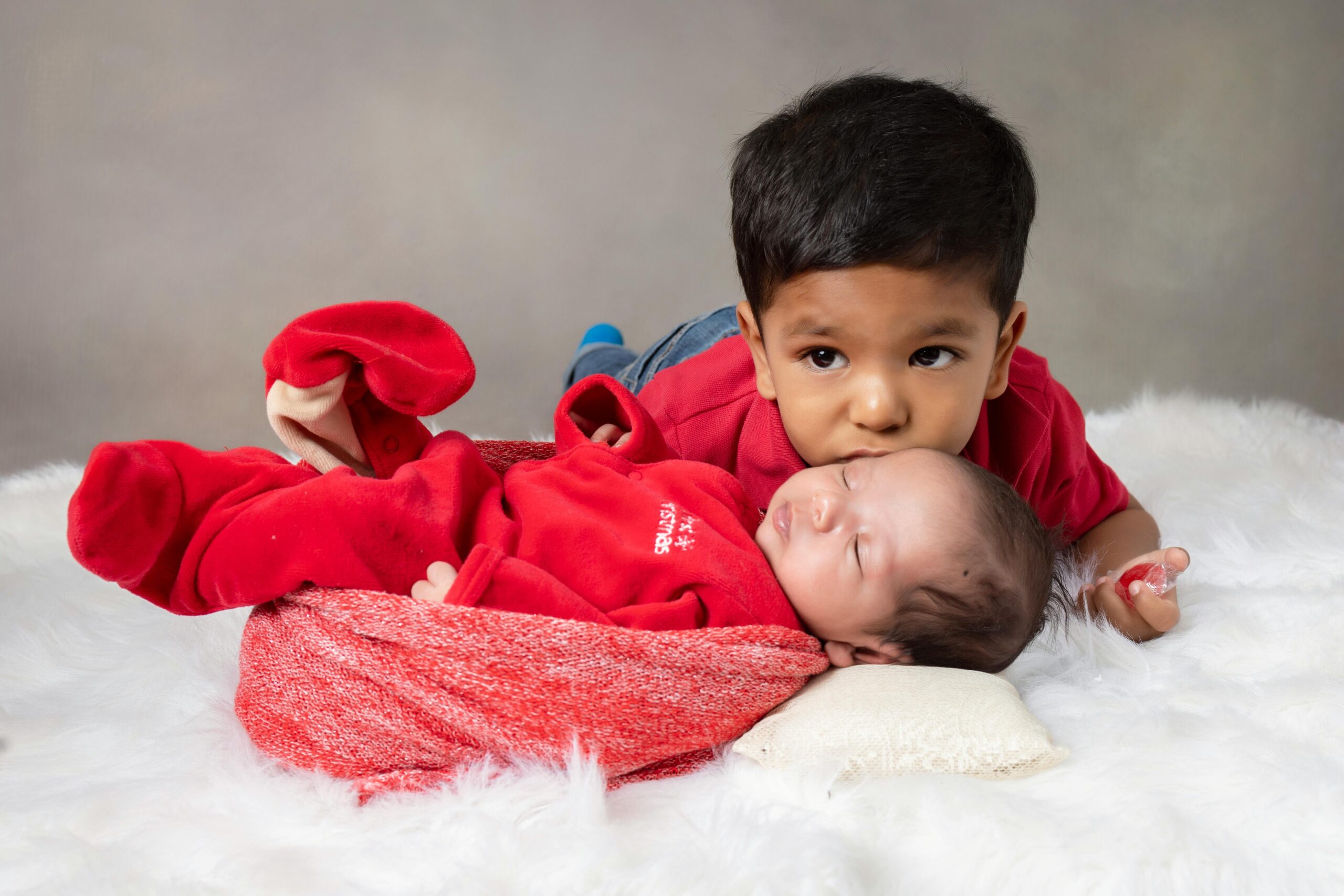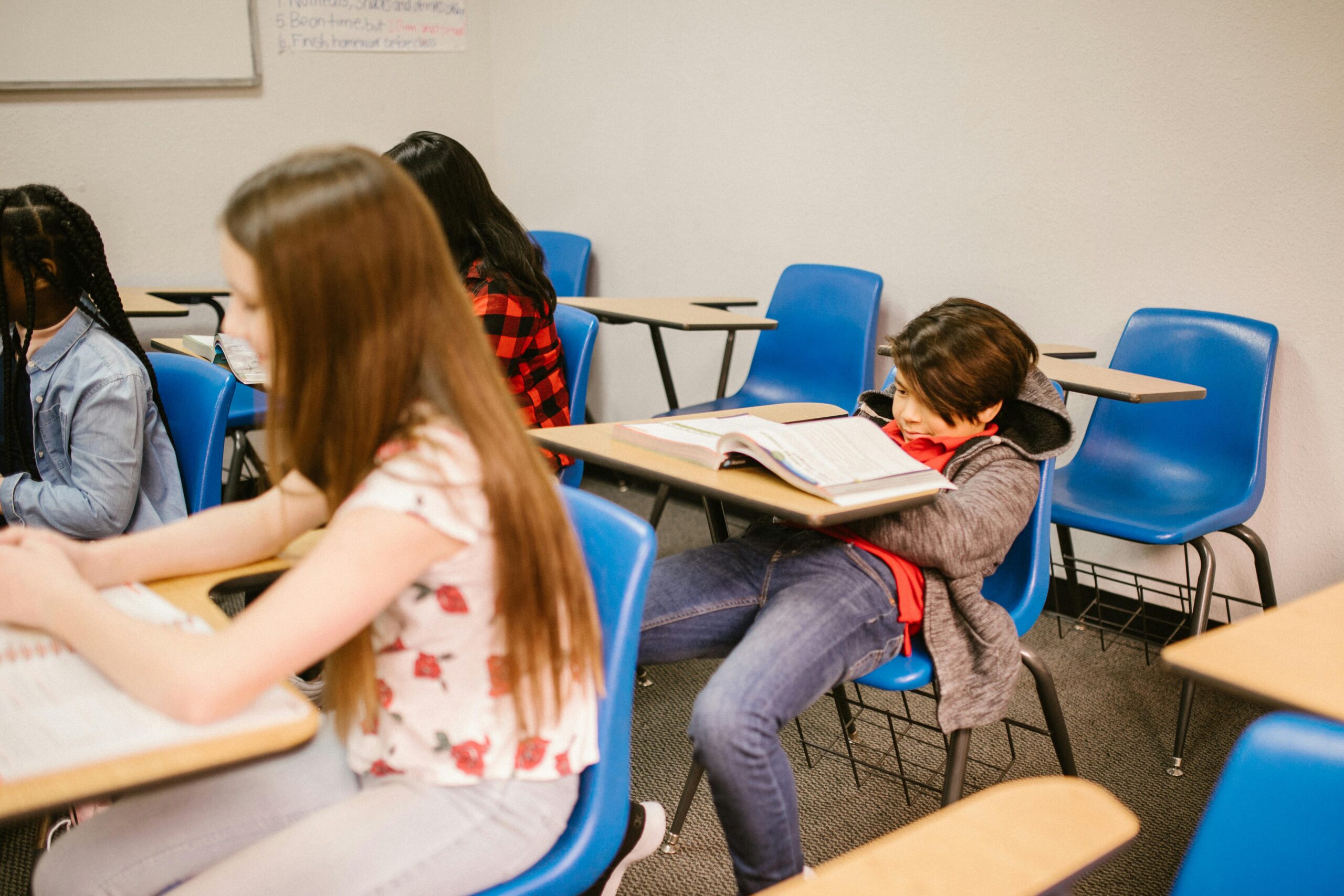Indian festivals are a kaleidoscope of culture, traditions, and joy. For families, they are a wonderful opportunity to connect with heritage and pass down cherished customs to the next generation. Celebrating these festivals with kids not only fosters a sense of belonging but also creates lasting memories. Here’s an ultimate guide to enjoying Indian festivals with your children while making them meaningful and fun.
1. Educate Them About the Festival
Before diving into the celebrations, it’s important to explain the significance of the festival. Storytelling is an effective way to do this:
- Narrate Legends and Myths: Share the story behind Diwali, Durga Puja, Eid, or Christmas. Use books, videos, or puppets to make it engaging.
- Highlight Values: Emphasize lessons like the triumph of good over evil (Diwali), compassion and sharing (Eid), or gratitude (Pongal).
- Interactive Activities: Create a small quiz or craft activity based on the festival’s theme to reinforce learning.
2. Involve Kids in Preparations
Children love to feel included, and preparations for festivals offer numerous opportunities:
- Decorations: Let them help with rangoli designs, stringing marigold garlands, or decorating the Christmas tree.
- Cooking: Involve them in making sweets or simple dishes. Teach them traditional recipes and the importance of festive foods.
- Shopping Together: Take them along to buy diyas, clothes, or gifts. Encourage them to choose items thoughtfully.
3. Emphasize Cultural Traditions
Festivals are deeply rooted in rituals and customs. Help your children understand these practices:
- Dress Up: Encourage them to wear traditional attire. Explain the significance of specific garments or ornaments.
- Participate in Rituals: Involve them in lighting diyas, breaking the Dahi Handi, or offering prayers.
- Teach Traditional Songs and Dances: Learn and perform together, whether it’s Garba during Navratri or carols for Christmas.
4. Encourage Creativity
Festivals provide an excellent canvas for children’s creativity:
- Craft Projects: Make lanterns for Diwali, paper kites for Makar Sankranti, or clay Ganeshas for Ganesh Chaturthi.
- Story Writing or Drawing: Encourage them to write or illustrate their version of a festival’s story.
- Design Their Own Celebrations: Ask them to think of new traditions they’d like to start.
5. Foster a Sense of Community
Festivals are a time for togetherness. Teach children the importance of community:
- Visit Friends and Relatives: Spend time with extended family and share meals.
- Organize Group Activities: Plan a neighborhood rangoli competition or a potluck.
- Volunteer Together: Teach compassion by visiting orphanages or old-age homes to share festive joy.
6. Make It Eco-Friendly
Introduce kids to the importance of celebrating sustainably:
- Eco-Friendly Decorations: Use biodegradable materials for rangoli or ornaments.
- Reduce Waste: Opt for minimal packaging for gifts and avoid single-use plastics.
- Green Alternatives: Celebrate with plant-based colors for Holi or avoid bursting firecrackers during Diwali.
7. Focus on Inclusivity
India is home to diverse cultures and religions. Celebrate this diversity with your children:
- Explore Different Festivals: Celebrate not just your own festivals but also those of other communities.
- Learn About Other Traditions: Attend events or read about festivals like Eid, Gurpurab, or Onam.
- Promote Tolerance and Respect: Teach children to appreciate different customs and values.
8. Capture and Preserve Memories
Ensure the festive moments stay etched in your family’s history:
- Take Photos and Videos: Create a photo album or digital scrapbook for each festival.
- Create Keepsakes: Preserve their crafts or handwritten notes about the festival.
- Diary Entries: Encourage kids to write about their experiences and feelings during the celebrations.
9. Incorporate Fun and Games
Add an element of play to keep the excitement alive:
- Traditional Games: Teach them games like kho-kho, kabaddi, or gilli-danda.
- Festival-Themed Activities: Plan a treasure hunt based on festival symbols or trivia.
- Board Games and Puzzles: Choose games with themes related to Indian culture and festivals.
10. Adapt Celebrations for Busy Schedules
For working parents, time can be a constraint. Here are some tips to ensure quality celebrations:
- Plan Ahead: Prepare decorations or dishes over the weekend.
- Short and Sweet Rituals: Focus on a few meaningful activities instead of overwhelming yourself.
- Quality Over Quantity: Even small moments, like lighting a diya together, can be deeply meaningful.
11. Teach the Spirit of Giving
Festivals are an ideal time to instill generosity and empathy:
- Donate: Involve children in giving toys, clothes, or food to those in need.
- Charity Drives: Organize a community collection for underprivileged families.
- Acts of Kindness: Encourage small gestures like sharing sweets with neighbors or helping someone in need.
12. Blend Tradition with Modernity
While maintaining cultural authenticity, incorporate modern elements:
- Digital Celebrations: Use technology to connect with family and friends who live far away.
- Fusion Cuisine: Experiment with modern twists on traditional recipes.
- DIY Innovations: Try unique crafts or activities inspired by global trends but rooted in Indian themes.
13. Be Mindful of Safety
Safety should be a priority during celebrations:
- Supervise Activities: Ensure adult supervision for activities involving fire or sharp tools.
- Child-Friendly Materials: Use non-toxic colors and avoid choking hazards in decorations.
- First Aid Ready: Keep a first aid kit handy during festivals like Diwali or Holi.
14. Celebrate Virtually When Needed
In cases where physical gatherings aren’t possible, celebrate virtually:
- Virtual Rituals: Conduct online pujas or storytelling sessions.
- Games and Competitions: Organize online art contests or quizzes.
- Family Calls: Schedule video calls to share greetings and updates.
Conclusion
Celebrating Indian festivals with kids is a beautiful way to pass on cultural values, foster creativity, and create cherished memories. By involving children in meaningful traditions, emphasizing sustainability, and adapting to modern lifestyles, you can make each festival a joyful and enriching experience for the entire family. Remember, it’s the spirit of togetherness and gratitude that truly makes these celebrations special.



